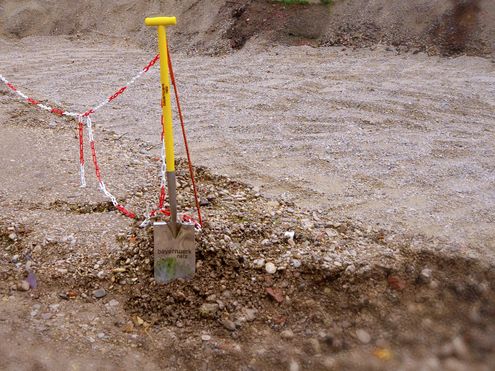


Ob Umwelt- und Naturwissenschaften, Physik, Medizin, Ingenieurswesen oder Archäologie und Kunst: Sie alle brauchen für Simulationen, Berechnungen und Visualisierungen viel Rechenkraft und daher leistungsfähige Computer. Tauchen Sie mit unseren Berichten ein in die Welt von Wissenschaft und Forschung. Entdecken Sie neue Galaxien, das Innerste des Menschen, die Folgen von Klimawandel, historische Säle und Bauten, faszinierende Kunstwerke und mehr. Oder lesen Sie von neuesten Errungenschaften in der IT.

Neben dem Einsatz von Strom aus erneuerbaren Quellen und dem Management der Auslastung von Supercomputern, will das LRZ…

Das Video „Within the Marble“ des LRZ veranschaulicht Konvektionsprozesse unter der Erdkruste und zeigt, warum sich…

Eindrückliche Bilder aus dem All: Ein internationales Forschungsteam simulierte und visualisierte am LRZ die größte…

Am Leibniz-Rechenzentrum nehmen die ersten Quantensysteme jetzt ihre Arbeit für die Forschung auf: Sie sind in den…

Das Leibniz-Rechenzentrum installierte mit Technologie-Anbieter HPE eine Test- und Optimierungsplattform, um Nutzer und…

Supercomputing, Quantensysteme und KI-Cluster brauchen viel mehr Energie und Kühlung: Damit Wissenschaft und Forschung…

Von der Automobilforschung zur Informatik und zum Hochleistungsrechnen und von dort zur Künstlichen Intelligenz: Ajay…

Effizienz und Nachhaltigkeit fürs High Performance Computing stehen im Mittelpunkt von KONWIHR: Dafür fördert das…

Spatenstich auf Garchings grüner Wiese: Dort baut Bayernwerk ein Umspannwerk, das die Versorgung künftiger Supercomputer…